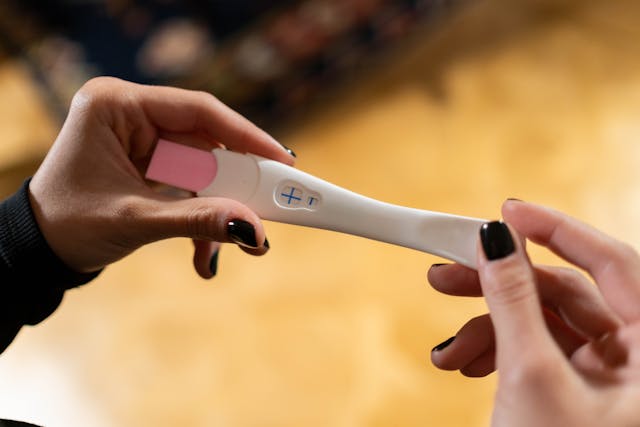
STD TESTING
8 Test STD Panel
8 Test STD Panel with HIV Early Detection
Chlamydia, Gonorrhea & Trichomonas Panel
Comprehensive Hepatitis Panel
Individual STD Tests
STD Risk Assessment Questionnaire
What are your chances of getting an STD?
QUANTIFERON / BLOOD TITERS
MEN'S & WOMEN'S HEALTH
GENERAL WELLNESS
Standard Metabolic Health Panel
Advanced Metabolic Health Panel
Cardiac Risk Monitoring Panel
Colon Cancer Screening
Thyroid Health Panel
Celiac Antibodies
DIABETES SCREENING
ALLERGIES AND SENSITIVITIES
Basic Food Sensitivity Panel
Comprehensive Food Sensitivity Panel
Celiac Panel
Environmental Allergen Profile Panel
DRUG TESTING
INDIVIDUAL TESTS



